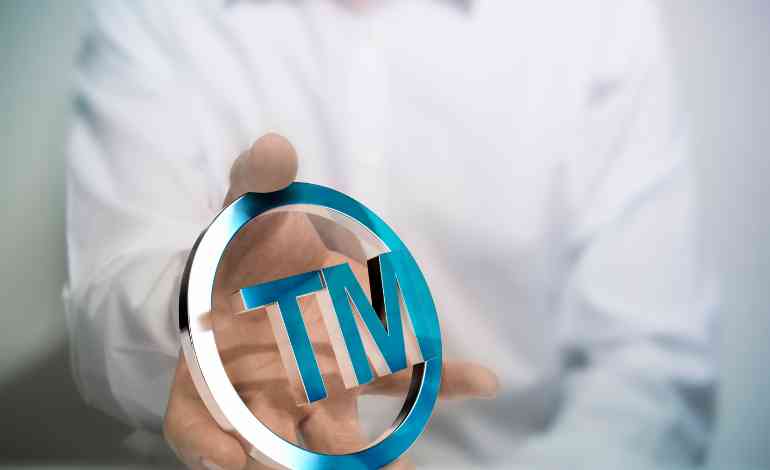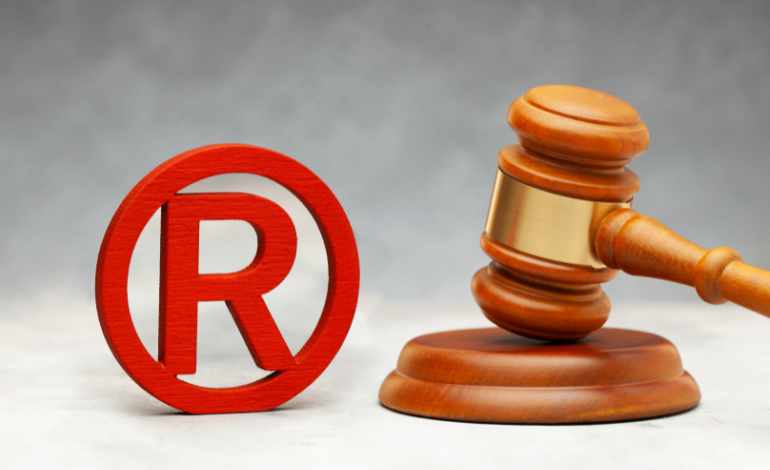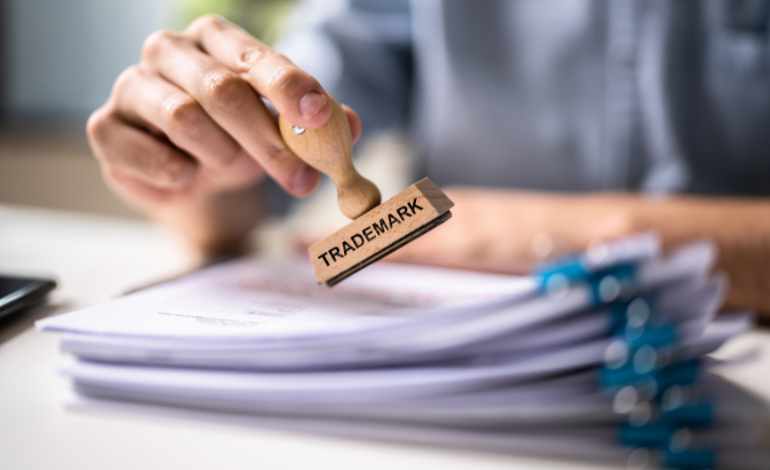
Trademark Class List: Protecting Your Intellectual Property
In today’s competitive business landscape, protecting your intellectual property is of utmost importance. One crucial aspect of safeguarding your brand is through trademark registration. Trademarks ensure that your unique business assets, such as logos, names, and slogans, are legally protected from infringement. To facilitate the registration process, trademarks are categorized into various classes based on the type of goods or services they represent. In this comprehensive guide, we will delve into the trademark class list, exploring its significance and shedding light on essential considerations for trademark registration.
Trademark Class List: Understanding the Basics
Trademarks are classified into 45 classes under the Nice Classification system, which is internationally recognized for trademark registration. Each class encompasses a specific range of goods or services. The class system enables businesses to precisely identify and categorize their trademarks based on their core offerings. This ensures that trademarks in the same class do not cause confusion among consumers and allows for effective intellectual property protection.
How to Determine the Appropriate Class for Your Trademark?
Determining the correct class for your trademark is crucial, as it determines the scope of protection and the likelihood of encountering conflicts. To ascertain the appropriate class, carefully consider the goods or services your business provides and match them to the corresponding class description. It is essential to be thorough and accurate during this process to avoid complications in the future.
Here is a detailed breakdown of some of the key classes within the trademark class list:
Class 1: Chemicals
Class 1 covers a wide array of chemical substances, including industrial chemicals, fertilizers, and plastics. If your business deals with the production or distribution of chemicals, registering your trademark under this class ensures comprehensive protection within the chemical industry.
Class 9: Electrical and Scientific Apparatus
Class 9 encompasses trademarks related to electrical and scientific apparatus, such as computers, smartphones, and medical devices. If your business is involved in the manufacturing or sale of technological devices, registering your trademark under this class is essential for safeguarding your brand identity.
Class 25: Clothing, Footwear, and Headgear
Class 25 is relevant for businesses in the fashion and apparel industry. It includes trademarks associated with clothing, footwear, and headgear. Whether you specialize in designing trendy clothing lines or manufacturing high-quality footwear, registering your trademark under this class is crucial for protecting your brand’s uniqueness.
Class 35: Advertising and Business Services
Class 35 covers trademarks related to advertising and business services. If your business provides advertising, marketing, or consultancy services, registering your trademark under this class is vital. It ensures that your brand identity remains protected within the competitive landscape of advertising and business consulting.
Class 42: Scientific and Technological Services
Class 42 encompasses trademarks associated with scientific and technological services, including research and development. If your business operates in the field of technology, software development, or scientific research, registering your trademark under this class is essential for establishing a strong and protected brand presence.
Conclusion
The trademark class list plays a vital role in the process of protecting your intellectual property. By correctly identifying and registering your trademark under the appropriate class, you can establish a strong and legally protected brand presence. Looking for trademark registration in Chennai contact Chennai Filings for affordable price. Safeguarding your trademarks ensures that your business assets remain exclusive and secure, allowing you to thrive in today’s competitive market.
FAQs about Trademark Class List
What happens if I register my trademark under the wrong class?
If you register your trademark under the wrong class, it may result in inadequate protection for your intellectual property. In such cases, you may need to reapply for registration under the correct class, potentially incurring additional costs and delays. It is crucial to accurately determine the appropriate class to avoid any complications in the future.
Can I register my trademark in multiple classes?
Yes, it is possible to register your trademark in multiple classes. If your business offers goods or services that fall into different categories, it is advisable to seek comprehensive protection by registering your trademark in all relevant classes. This ensures that your brand is shielded across various industries and secures a broader scope of protection.
Is it necessary to hire a trademark attorney for registration?
While it is not mandatory to hire a trademark attorney for registration, their expertise can be immensely valuable throughout the process. A trademark attorney possesses in-depth knowledge of trademark law and can guide you in determining the appropriate class, conducting comprehensive searches, and ensuring a smooth registration process.
How long does the trademark registration process take?
The duration of the trademark registration process varies depending on several factors, such as the jurisdiction and the complexity of the application. On average, it can take anywhere from several months to a year or more. It is essential to be patient and proactive during this time, ensuring that you comply with all the necessary requirements.
What should I do if someone infringes on my trademark?
If you discover someone infringing on your trademark, it is crucial to take prompt action to protect your rights. Consult with a trademark attorney to assess the situation and determine the best course of action. This may involve sending a cease-and-desist letter, negotiating a settlement, or pursuing legal action if necessary.
How long does trademark protection last?
Trademark protection typically lasts for a specified period, which varies depending on the jurisdiction. In most cases, trademarks are initially granted protection for a period of 10 years, with the possibility of renewal upon expiration. It is important to keep track of your trademark’s renewal dates to ensure continuous protection.










